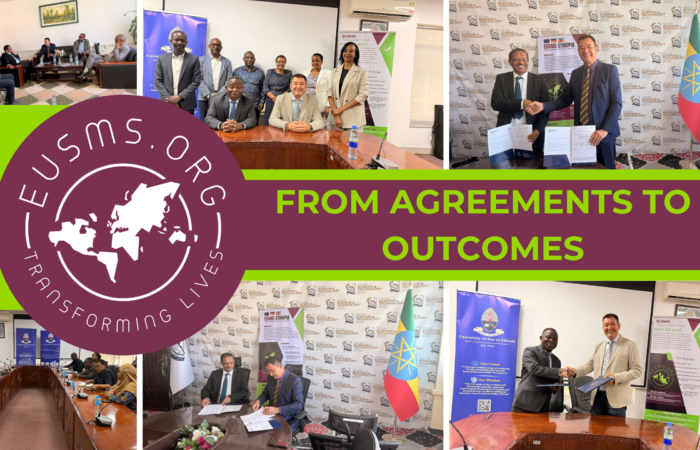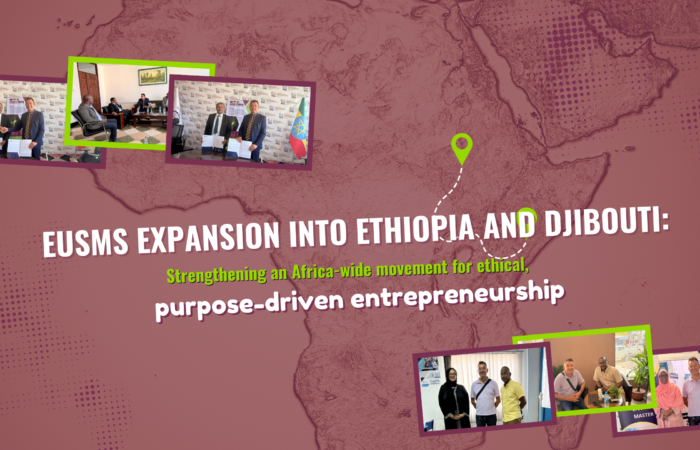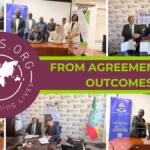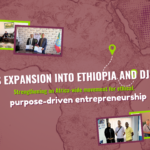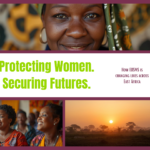East Africa is emerging as one of the most dynamic regions for entrepreneurship. Cities like Nairobi, Kampala, and Dar es Salaam are home to growing clusters of innovators, particularly in Fintech, Agritech, and Health tech. Startups are tackling problems that range from financial inclusion to agricultural productivity and healthcare access. Yet, beneath this optimism lies a structural challenge: much of this progress depends heavily on foreign venture capital and donor funding.
While these funds inject much-needed resources, they also carry risks. External financing can be volatile, and priorities often align more with investors’ expectations than with local realities. This creates pressure on young businesses to scale too quickly or to pursue growth strategies disconnected from their communities. When funding dries up or shifts elsewhere, many startups collapse, leaving behind unfinished projects and unmet promises. In Tanzania, for example, only about 25% of startups manage to survive beyond the early stages, reflecting both structural constraints and unsustainable growth models.
This is where the EUSMS Entrepreneurship Program positions itself as a different kind of support system. Instead of encouraging dependency on foreign investment, EUSMS seeks to empower entrepreneurs with skills, resilience, and networks that make them self-sufficient and rooted in their local ecosystems.
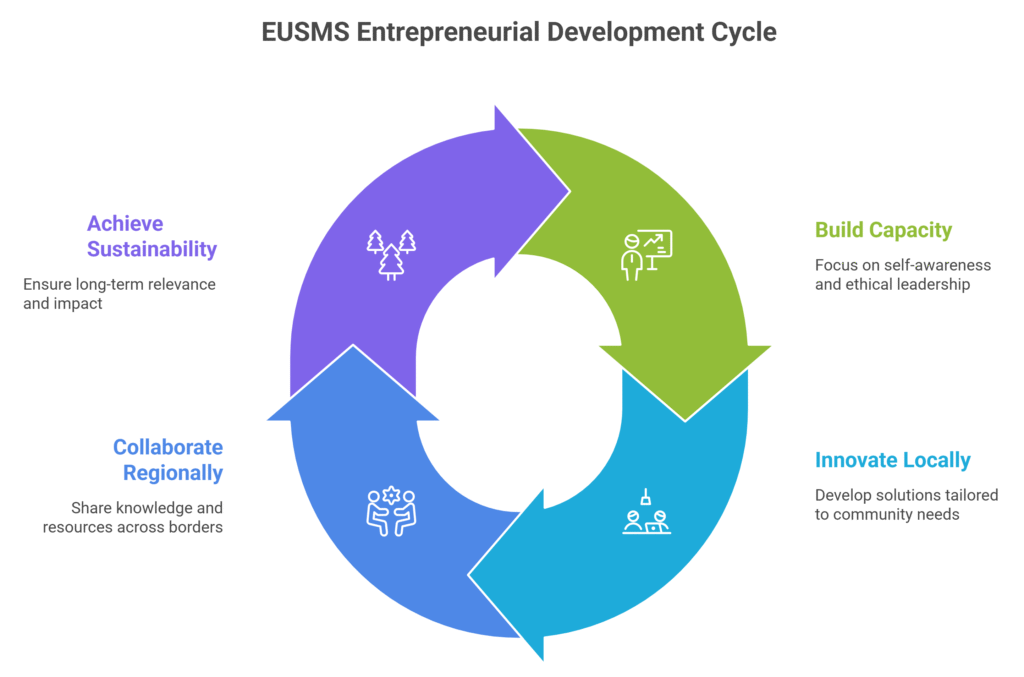
Rethinking the Funding Dilemma
The startup stories that make global headlines often feature large funding rounds and rapid expansion. But in East Africa, the reality is more complex. Many entrepreneurs lack access to bank loans or affordable credit, and for those who do secure funding, the high interest rates or foreign investor expectations can become unsustainable.
EUSMS challenges this funding dilemma by focusing on building capacity rather than chasing capital. Its model prioritizes self-awareness, ethical leadership, and resilience as entrepreneurial foundations. Entrepreneurs trained through EUSMS are not only encouraged to design profitable ventures but also to create businesses that their communities can trust and sustain. By shifting the narrative from “funding first” to “strength first,” EUSMS is cultivating a more durable entrepreneurial culture.
Local Innovation, Grounded in Reality
East Africa’s innovation is already impressive. For example, Tanzania’s eKichabi project leverages simple USSD codes to give rural farmers access to digital services without smartphones. In Kenya, healthtech startups are reimagining access to primary care through digital platforms. Uganda continues to expand its fintech ecosystem, driving financial inclusion at a grassroots level.
What these innovations share is their local grounding—they are built in direct response to the needs of communities. EUSMS strengthens this by training entrepreneurs to think critically about local problems, experiment with context-appropriate solutions, and scale responsibly. Rather than imitating Western startup models, entrepreneurs under the EUSMS umbrella are encouraged to innovate with context—a principle that ensures long-term relevance and impact.
EUSMS and Regional Collaboration
Another strength of the EUSMS model is its cross-border approach. By operating in Kenya, Uganda, and Tanzania, the program fosters collaboration and knowledge-sharing between entrepreneurs who might otherwise work in silos. A challenge faced by a small business in Kampala may find inspiration from a similar initiative in Nairobi. Likewise, an innovative tool in Dar es Salaam might be adapted for use in rural Kenya.
This regional integration allows entrepreneurs to learn, grow, and adapt faster while cultivating resilience beyond national borders. It creates a shared entrepreneurial identity for East Africa—one that thrives on collaboration, mutual support, and collective progress.
Redefining Success Beyond Capital
Ultimately, the vision of EUSMS is to redefine what entrepreneurial success means in East Africa. Success is not measured solely by how much capital is raised, but by how well businesses endure, adapt, and contribute to their societies. Through mentorship, training, and values-driven guidance, EUSMS equips founders with the ability to navigate funding uncertainties, withstand market shocks, and lead with integrity.
The future of entrepreneurship in East Africa depends not just on the inflow of foreign funding but on the growth of resilient, community-rooted innovators. By helping entrepreneurs build this foundation, EUSMS is quietly shaping a new era where startups are sustainable, ethical, and deeply connected to the people they serve.
Written by: Manisha Mozumder

